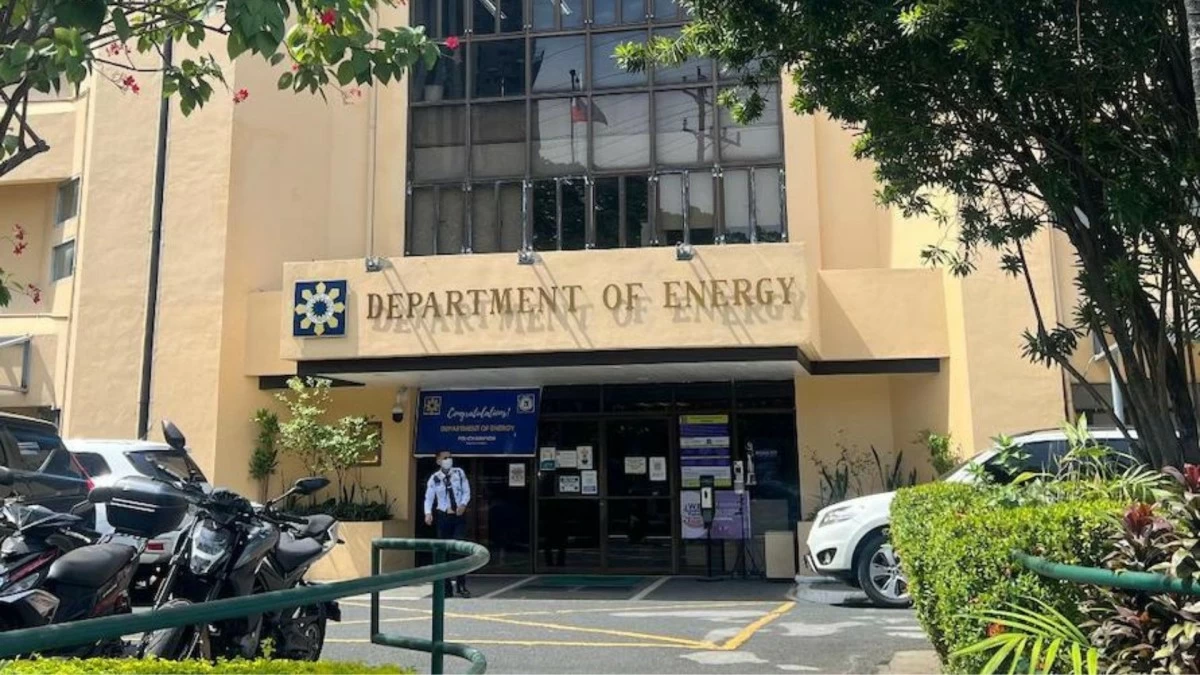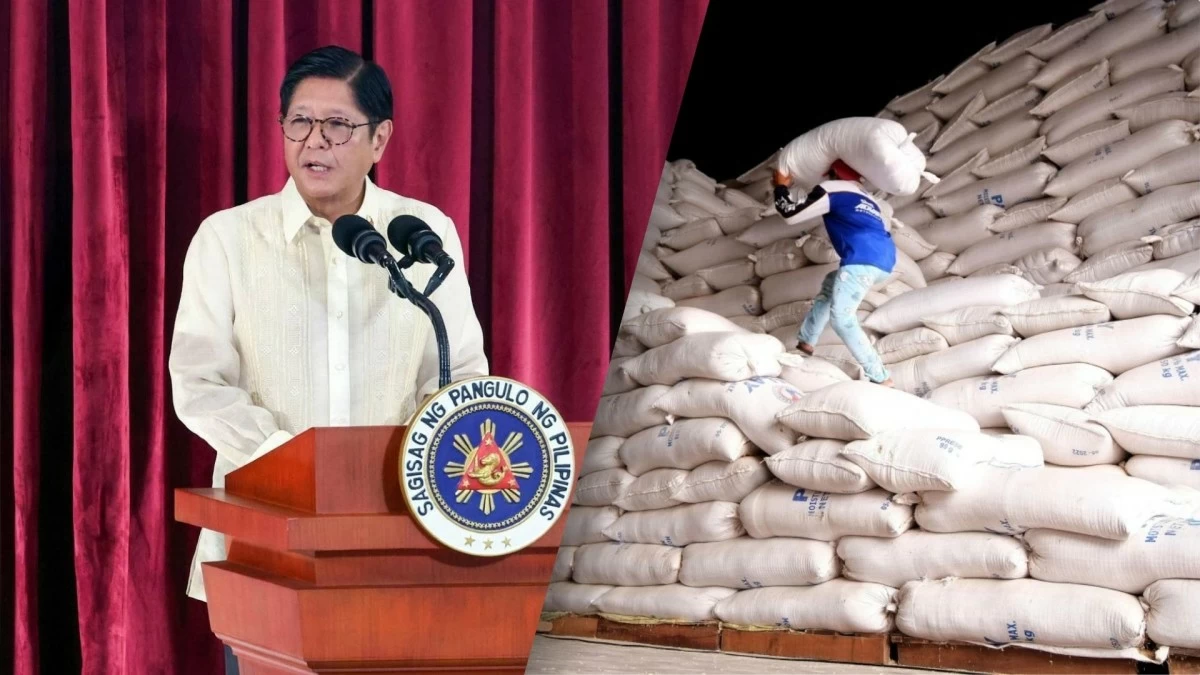
Upgrade to High-Speed Internet for only ₱1499/month!
Enjoy up to 100 Mbps fiber broadband, perfect for browsing, streaming, and gaming.
Visit Suniway.ph to learn
The Department of Energy (DOE) announced that the Philippines’ carbon credit framework is nearing completion and is set to be finalized by year-end.
At the Philippine Net Zero Conference 2025, Energy Secretary Sharon Garin stated that the department is working to finalize the framework, with an emphasis on international partnerships.
The framework, which targets the energy sector, aims to facilitate collaboration with countries like Singapore and Japan.
“On the carbon credit policy of the DOE, we’re almost done. That’s only for energy... Since there are very specific energy [policies], we want to go ahead so that we can already deal with Singapore and Japan on the carbon credit policy that we have,” she told reporters.
The push for carbon credits mechanism aligns with Article 6.2 of the Paris Agreement. This follows a memorandum of understanding (MOU) signed in August 2024 between the Philippines and Singapore, which was reaffirmed in June by President Ferdinand Marcos and Singaporean Prime Minister Lawrence Wong.
Last month, the DOE also released a draft of the guidelines to help the energy industry generate and manage carbon credits and attract investment in climate solutions.
Beyond the DOE’s efforts, the Department of Environment and Natural Resources (DENR) is championing the Low Carbon Economy Investment Bill.
DENR Secretary Raphael P.M. Lotilla stated the bill would support the scaling up of renewable energy (RE) and energy efficiency.
According to Lotilla, this “landmark legislation” mandates large emitters to create decarbonization plans, set emissions ceilings, and invest in sustainable practices. It also establishes an emissions trading framework, incentivizes low-carbon investments, and provides access to carbon markets and international climate finance.
“For companies, this is not a regulatory burden. It is a structured opportunity to innovate, reduce emissions, and access green financing,” Lotilla said. The DENR chief noted that the bill passed its third reading in the House of Representatives in June.
These government initiatives have been recognized by the Net Zero Carbon Alliance (NZCA), a group led by First Gen Corp.’s Energy Development Corp. (EDC), which helps businesses with their net-zero transition.
In a related move to promote energy efficiency, the DOE has mandated that all government agencies use energy-efficient products and prioritize solar rooftop installations. This aims to minimize electricity use in the public sector and bolster RE utilization.
All government offices are now required to comply with the Minimum Energy Performance Standards (MEPS) under the Philippine Energy Labeling Program (PELP).
MEPS sets efficiency levels for appliances and equipment, which helps agencies achieve cost savings and lower energy consumption.
Additionally, the Inter-Agency Energy Efficiency and Conservation Committee (IAEECC) is evaluating a circular to establish Energy Efficiency and Conservation (EEC) offices within local governments.

 6 days ago
9
6 days ago
9



